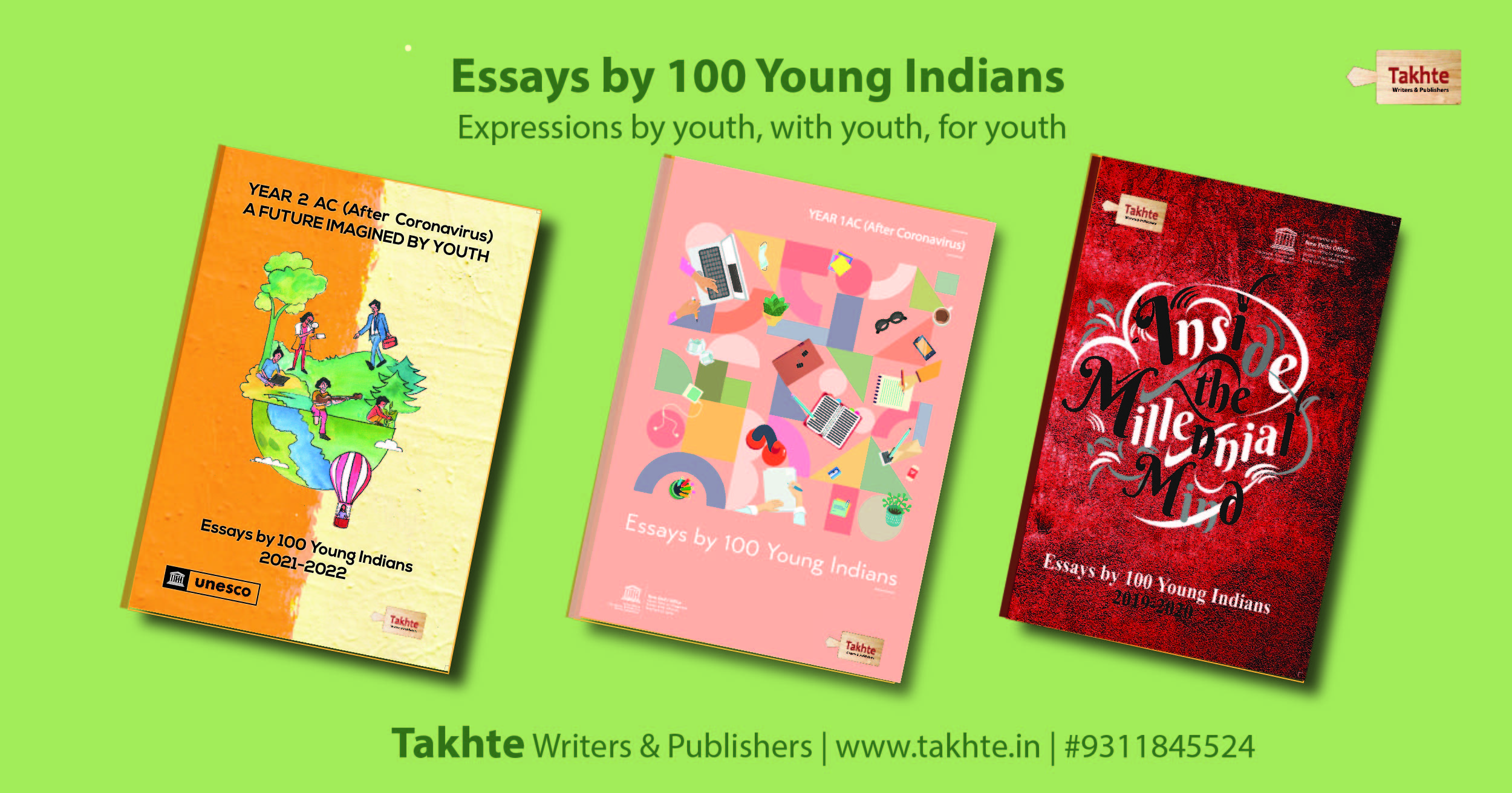Short-story
An Afternoon to Remember
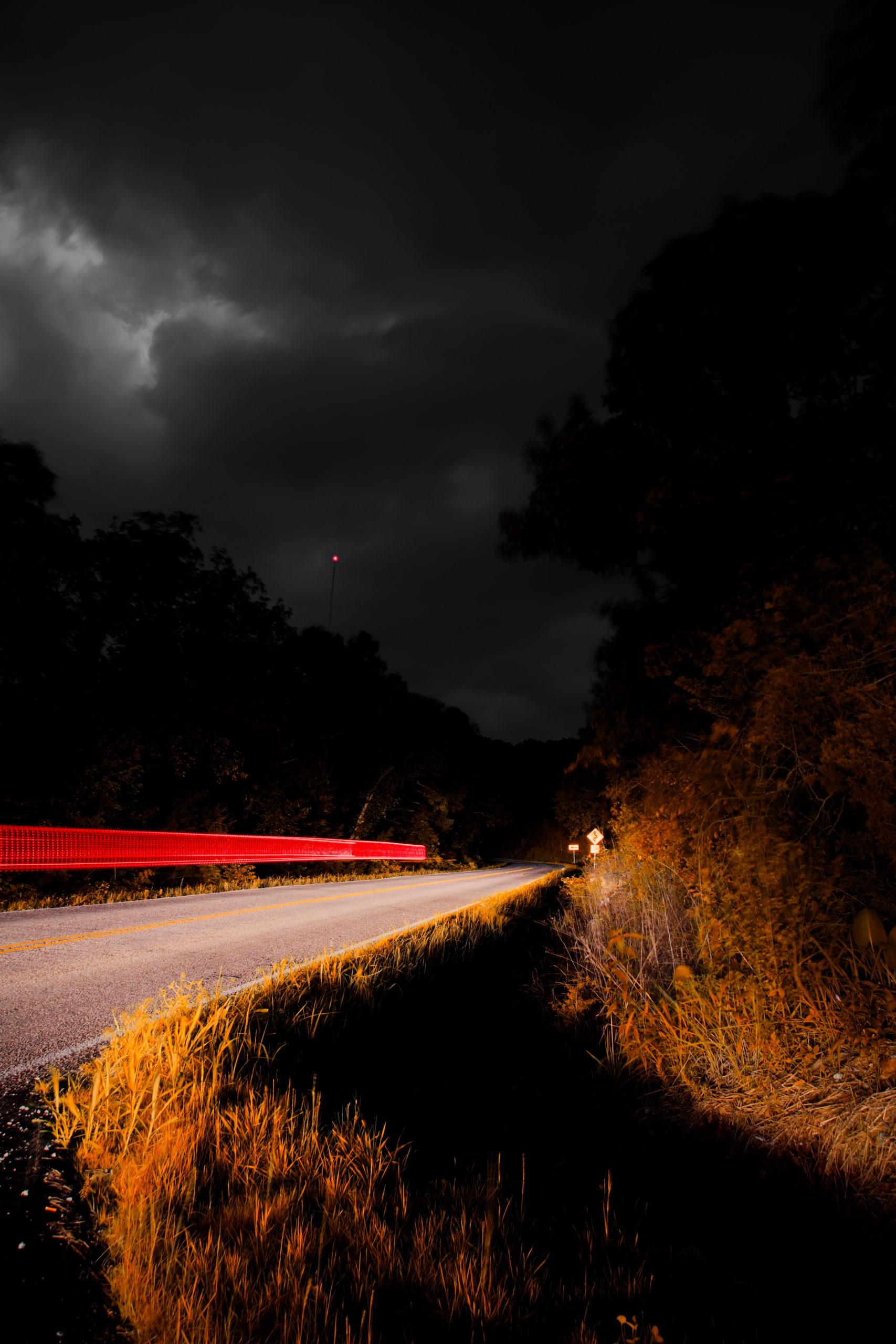
Chaitanyamoi Chetia
St. Joseph’s High School, Moranhat, Assam
Mr Bhattacharjee and his wife were ecstatic as they would go to Digboi to find a beautiful home to stay in. They heard that the place was one of the leading oils and tea-producing centres of the state and had many bungalows unique to the town. They asked their son to accompany them to see the home together, but their son did not comply, saying that he watched ‘Animal Farm’ an animation.
After watching the movie, he would have to sharpen his pencil to draw science pictures as part of his school project, the son said.
“OK,” said his mother, “Keep the mobile phone in your pocket and call us when you feel it necessary.” After all, he was happy that his parents were going for a good cause, not knowing that it would be his father’s last driving experience.
Mr Bhattacharjee said, “Get ready within five minutes; I shall drive out quickly so that we can return soon.”
After taking their seats, Mr Bhattacharjee started driving the car from Dibrugarh through the never-ending tea gardens to Digboi. Mr Bhattacharjee wanted to make the journey enjoyable by telling some essential things: he told his wife that India obtained the first oil refinery in Digboi and the first oil city in Asia. He also said that playing tennis on the lawn tennis court, playing billiards sports with a cue stick on a cloth-covered billiards table, and golfing are the luxuries few people can enjoy.
“It is also a beautiful place with greenery everywhere having spectacular, and eye-catching locations and most of the bungalows are in the foothills in an upland area with elevated slopes,” he continued.
They, at last, reached the uphill knoll where they intended to arrive. The owner of the house grew towards middle age. With a teacup and a saucer in his hand, the owner was sipping and sitting in the front lawn of the house. Near him was resting a golf kit.
He welcomed them, handing over a bunch of keys in Mr Bhattacharjee’s hands and said, “Please go and have a look at the house!”
Mr Bhattacharjee said to his wife after unlocking the door, “The owner has a sense of contentment and smile on his face. He must be making a remarkable performance in the golf course; he is clean shaved and has got his hair cut in the proper length, he is also putting on trendy attire to give a favourable impression.” His wife nodded with a smile and went inside to see the rooms.
A soft breeze blew then, and it swept over the top of the trees as they entered the house. There were cloth curtains in the drawing-room, and balmy breeze cooled the room’s atmosphere and made the curtains flutter.
“Curtains soak up the noise in proportion to the area they cover; this house is nice and well decorated!” Mr Bhattacharjee’s wife said. “Our son will also like the house.”
The window shutters were made of movable wooden slats fixed in a wooden frame; also, there was writing and a reading table with sufficient light. “I am impressed by the decoration of the rooms, and our son will be able to enjoy free time in the lap of nature, untouched by pollution and congestion, surrounded by the panoramic view,” she said thoughtfully.
Just then, Mr Bhattacharjee told her that he had a critical meeting with a young man in the outskirts; he would return soon. He advised her to look at the other rooms – the attached bathrooms, hot and cold running water, kitchen, and cabins. Saying thus, he stormed to his car to drive down the road, wondering whether he would be able to come across the young man in the said place.
Mr Bhattacharjee’s wife started looking at the grassy knoll and the tall woods, the corridors, and the ventilation of the rooms and then headed for the basin to wash her hands and look at the sink and the cabinets. The kitchen had tiled walls and non-slip floors; there was also germicide cleaning of floors in a cabin and one + UV water purifier mounted on the kitchen wall.
Most of the houses in the knoll were built uniformly with slider windows and bow windows in all the rooms, but the steep downhill having vastly differing elevation was very narrow.
Switching on the car engine, Mr Bhattacharjee looked as if there was an obstacle in the surrounding. He put his gear shift in the reverse and looked at the rear mirror; he also checked his positions if there was any hazard on his side. He again checked his left-hand side mirror and the right-hand side mirror and started coming down slowly; till then, he came down a long distance.
He started looking over his right shoulder and his left shoulder. “The path is narrow to accommodate only a single car!” he said in dissatisfaction: his hands still firmly gripped in his steering.
He craned his neck backwards. Panic started swelling within him as he saw one boy with a school bag on his back in great cheer racing up his scooty to the knoll where the house was situated.
Seeing the scooty coming up too close to the car, Mr Bhattacharjee was at a loss and confused. The scooty and the car barely touched each other: it looked like there was about to be a collision. “Why are you coming so closer?” Mr Bhattacharjee cried impatiently with a warning to the boy, but the latter was unconcerned.
He managed to steer clear of the scooty, but due to some faults while driving, he was not in full control; while negotiating with the slopes and cuts, his car failed and ultimately made the car tumble down beneath a massive and almost impenetrable thickest of thorns and boulders below the ground.
The sun was about to set in the western sky then, and the sound of the car slipping down went to a long distance. Then, seized by nervousness and alarm of fear, his wife came down running to see as to what had happened.
The windshield of the car shattered and broke into pieces. The front windows were all broken; the cracked windshield and tiny chips had hammered back into Mr Bhattacharjee’s face.
Mr Bhattacharjee injured his head; blood oozed out of his injured nose; trickled from his forehead, and he scraped his knees badly. It was unimaginable to every pedestrian who was near the site. One pedestrian said that if the long steep road and the elevation had been made a little wider, the accident could have been avoided that afternoon.
Short-story
The Abandoned Soul
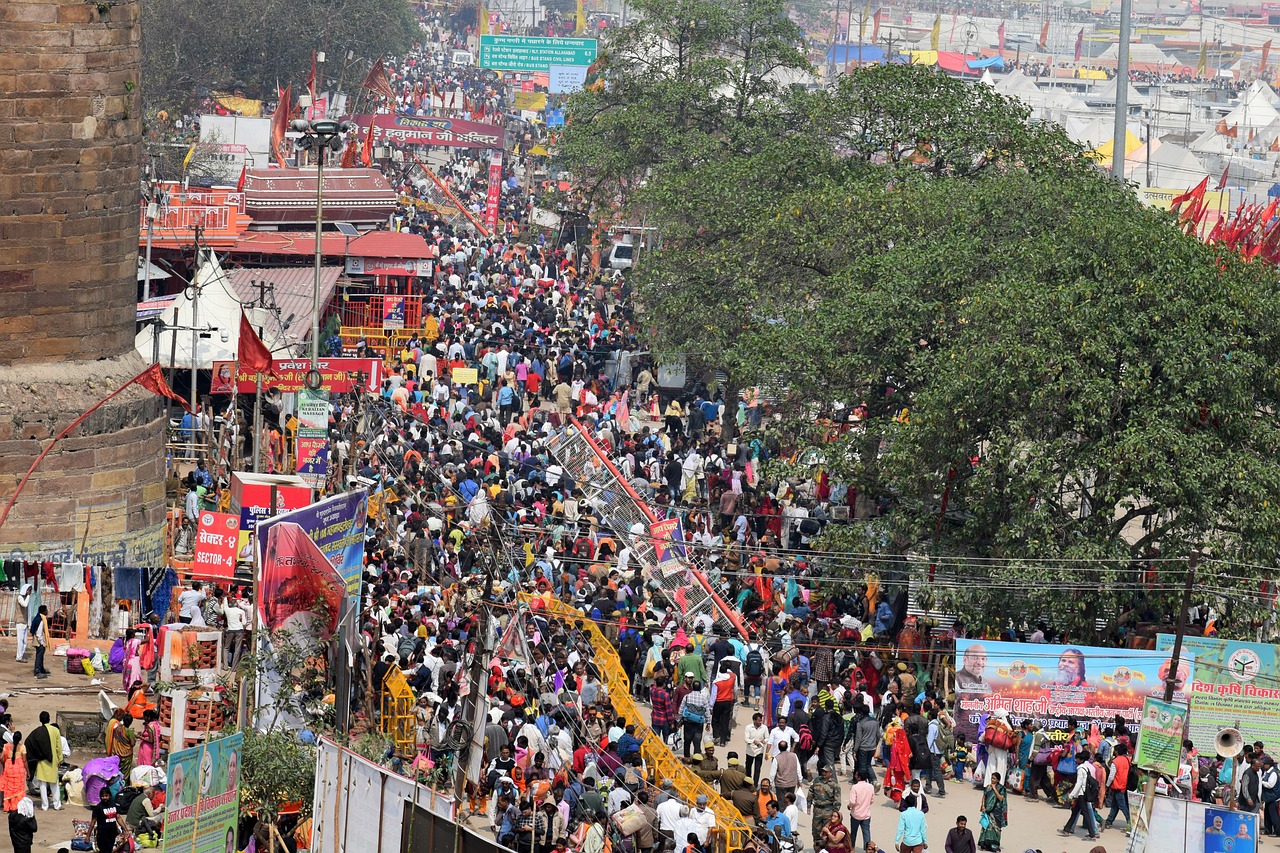
Short Stories – Kumbh Series
Garvit Agarwal
Lucknow
Writer attended a Creative Writing Course by Takhte Writers and Publishers
The sun hung low over the Kumbh Mela, casting a warm golden hue across the throngs of devotees gathered along the banks of the sacred Ganges. The air buzzed with chants, laughter, and the rustling of colourful saris flapping in the wind. Pulkit and Ragini moved through the crowd, their hands intertwined but their expressions distant.
“Look at them, Ragini,” Pulkit said, forcing a smile as he gestured toward a group of children splashing in the water. “So carefree.”
“Carefree,” she echoed, her voice tinged with bitterness. “Must be nice.” Her gaze drifted to their son, Akash, who stood a few paces behind them, his eyes wide as he took in the chaos around him. His fingers fidgeted with the hem of his shirt, a habit that had grown more pronounced in recent months.
“Let’s just find a spot,” Pulkit replied, his tone clipped. “We can’t stay here all day.”
As they settled near the ghat, the chanting grew louder, drowning out the silence that had settled between them. They exchanged a glance, a shared understanding of the growing weight of their decision.
“Pulkit,” Ragini began, her voice shaking slightly. “Are we really—”
“We have to,” he interrupted, the determination in his eyes hardening. “It’s for the best.”
Hours passed, the sun dipping lower, casting long shadows on the ground. Ragini watched as Pulkit knelt beside Akash, who was now fixated on a butterfly fluttering nearby. “Hey, buddy,” Pulkit said, his voice softer than before. “Want to chase that?”
Akash didn’t respond, lost in his world. Ragini felt a pang in her heart but quickly pushed it away. They were here for a reason, after all.
“We should go,” Pulkit said, rising to his feet. “It’s time.”
“Pulkit, I—”
“Ragini, we’ve talked about this.” He took a deep breath, his brow furrowed. “We can’t keep pretending everything is fine.”
With a heavy heart, they turned their backs on their son, leaving him by the ghat. “I’ll be right back, Akash,” Pulkit called over his shoulder, though he didn’t look back.
As they walked away, Ragini felt the weight of their decision settle in her chest like a stone. The laughter and chanting faded into a dull thrum, replaced by the sound of her heartbeat.
Later, as they listened to the preachings of a saint, a shift occurred. The saint’s voice boomed through the crowd, reverberating deep within Ragini. “Love is the greatest sacrifice,” he proclaimed. “To abandon those we love is to abandon our very souls.”
Pulkit stiffened beside her. “Did you hear that?”
“Yes!” she whispered, her heart racing. “We need to go back.”
They rushed back to the ghat, but the crowd had thickened, and panic set in as their eyes searched frantically. “Akash!” Ragini called, her voice rising above the chaos. “Where are you?”
“Stay calm,” Pulkit urged, though his voice trembled. “He can’t have gone far.”
Hours turned into days, and the relentless search for their son felt like a nightmare from which they could not wake. Each day, they returned to the ghat, calling his name until their voices were hoarse.
“Why did we leave him?” Ragini sobbed one evening, her tears mixing with the river’s water as she knelt by the bank. “What have we done?”
Pulkit sank to the ground beside her, his own eyes brimming with regret. “I thought I was doing the right thing,” he murmured, his voice breaking.
“Where is he?” She cried, her heart shattered. “What if—what if he’s alone and scared?”
They were lost in their remorse, the vibrant colours of the Mela fading into a blur of sorrow. The river flowed steadily beside them, indifferent to their pain, as they clung to the hope that somehow, some way, they would find their son again.
Photo Courtesy – Mr Rajesh Balouria by Pixabay
Short-story
Triumph of Connection
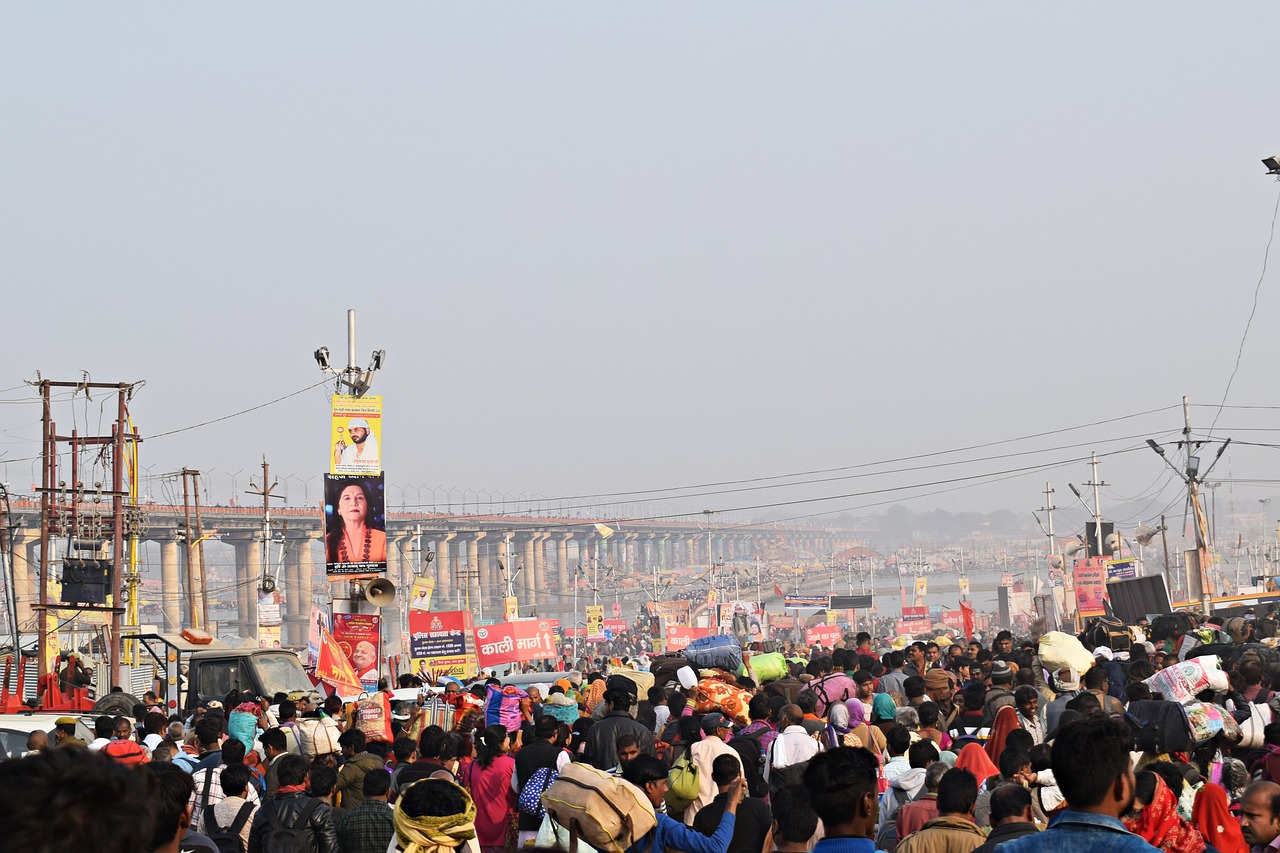
Short Stories – Kumbh Series
Rutbik Gupta
Bilaspur, Chattisgarh
Writer attended a Creative Writing Course by Takhte Writers and Publishers
The Kumbh Mela pulsed with life, colours swirling like a painter’s palette. Krish and Shreya squeezed through the throngs of pilgrims, their parents trailing behind, eyes wide with wonder. The air buzzed with chants, the scent of incense thick around them.
“Look at all those people!” Shreya shouted, her voice barely rising above the chaos. “I feel like we are in a river of heads!”
“Just stay close,” Krish replied, his grip tightening around her hand. “We can’t lose each other here.”
Suddenly, a small voice broke through the din. “Mama! Papa!” A boy, no older than six, stood alone, tears streaking his dusty cheeks. Krish’s heart sank.
“Shreya, we have to help him,” he said, kneeling to the boy’s level. “What’s your name?”
“Teerth,” he sniffled, wiping his nose on his sleeve. “I can’t find my parents!”
“Don’t worry, Teerth. We’ll help you,” Shreya promised, her voice softening. “Where did you last see them?”
“By the river… I was looking at the fish,” Teerth whimpered, glancing around, panic rising. “They were right there!”
“Okay, follow us,” Krish said, standing tall, determination setting in. “We’ll find them.”
They moved through the crowd, the rhythm of drums and chants echoing around them. Krish scanned each face, searching for a hint of recognition. Shreya whispered encouragement to Teerth, who clung to her hand.
“Look!” Shreya pointed, spotting a frantic couple searching through the crowd. “Teerth, is that them?”
Teerth’s eyes lit up. “Yes! Mama! Papa!” He bolted towards them, the sound of his small feet hitting against the ground.
Krish and Shreya exchanged relieved glances, hearts racing. The couple raised Teerth into their arms, tears streaming down their faces.
“Thank you! Thank you!” the mother cried, her voice breaking.
“Thank you so much, children. You’ve been our saviour”, said the father, with teary-eyed.
“No problem,” Krish said, a smile breaking through the tension. “Just doing what’s right.”
As the family embraced, Krish and Shreya shared a knowing glance. The chaos of Kumbh Mela swirled around them, but at that moment, they felt the triumph of connection.
Photo Courtesy – Mr Rajesh Balouria by Pixabay
Short-story
Fury of Tomato

Advika Bhatnagar
Shikshantar School, Gurugram
Grade 3
Alice, a nine-year-old boy, lived in the countryside of Tinseltown with his Granny. He was a stubborn and edgy child. He liked to eat whatever he wanted and didn’t care much about Granny’s words. This made the old lady very sad.
“Granny, Granny, hunger pangs! I want pizza and chocolate ice cream for dinner,” said Alice
“Wait, child, I’m making delicious chicken soup, healthy multigrain bread, and a fresh salad,” answered Granny.
Alice got angry when he saw salad on the dining table. He yelled, “Again, cucumber, bell pepper, carrot, and tomato. Is that what I will eat? “No, no, no, never, not at all. No dinner tonight.” Granny got worried and left the house to get his favourite food.
Alice was all alone. In anger, he picked up the tomato and threw it at the wall. The red pulp of the tomato almost covered the mid-wall. He was shocked to see the pulp turning into a monster.
“Ha, Ha, Ha, you stubborn boy. Every day I see you trouble your Granny for food. When you hit me against the wall today, I felt hurt. I will teach you a lesson. I am the new king of vegetables. I rule the meals,” said the tomato monster. And then the monster followed him everywhere in the room.
Alice was so scared that he was running in different directions. Sitting under the table, he quietly prayed, “Oh God, please save me from this deadly monster.”
Alice rushed to his Granny’s room, wears her hat and robe. He picks up the embroidered, favourite napkin of the Granny and moves slowly towards the wall. He wipes the tomato pulp, and the monster disappears right away.
Alice gets the lesson of his life to value all food. He vows to take care of Granny, as her belongings protect him. When she was back, he hugged her and said, “I love you so much. I will eat whatever you cook for me.”
The writer attended Takhte Writers & Publishers’ Story Writing Writeshop at Kalasthali, Gurugram.
Photo Courtesy – Andre Taissin (xRUJcUTEp6Y) Unsplash
-

 Uncategorized3 years ago
Uncategorized3 years agoOnline Elocution Contest
-

 Poems4 years ago
Poems4 years agoPoems
-

 Legal Talks4 years ago
Legal Talks4 years agoCUSTODIAL RAPE IN LIGHT OF THE MATHURA GANG RAPE CASE
-
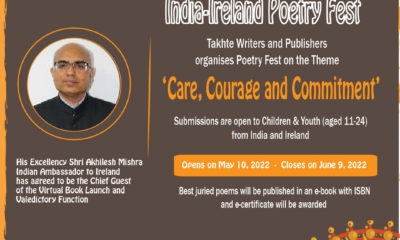
 Poems3 years ago
Poems3 years agoIndia-Ireland Poetry Fest
-

 Legal Talks4 years ago
Legal Talks4 years agoCompliances Relating to the Commercialization of Electronic Devices
-

 Art & Culture4 years ago
Art & Culture4 years agoThe Lore of the Days of Yore: Significance of History
-

 Legal Talks4 years ago
Legal Talks4 years agoPrivacy Laws & Consent while using Image of Random People Clicked on Street for Facial Recognition
-
Short-story4 years ago
Bibek’s visit at his friend’s bungalow


